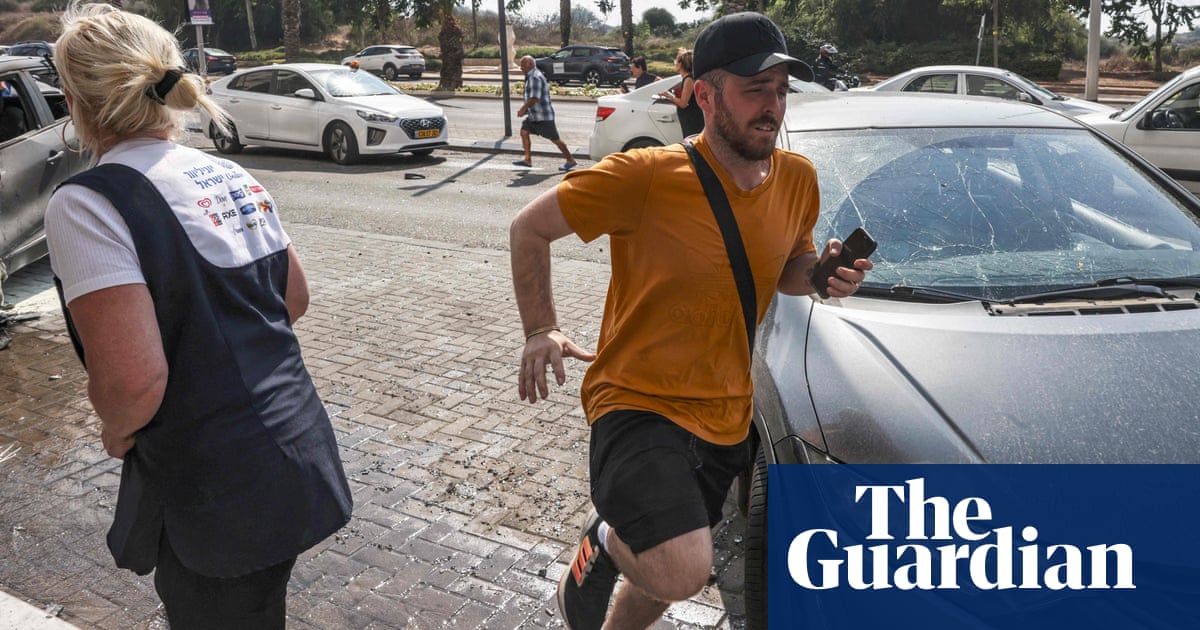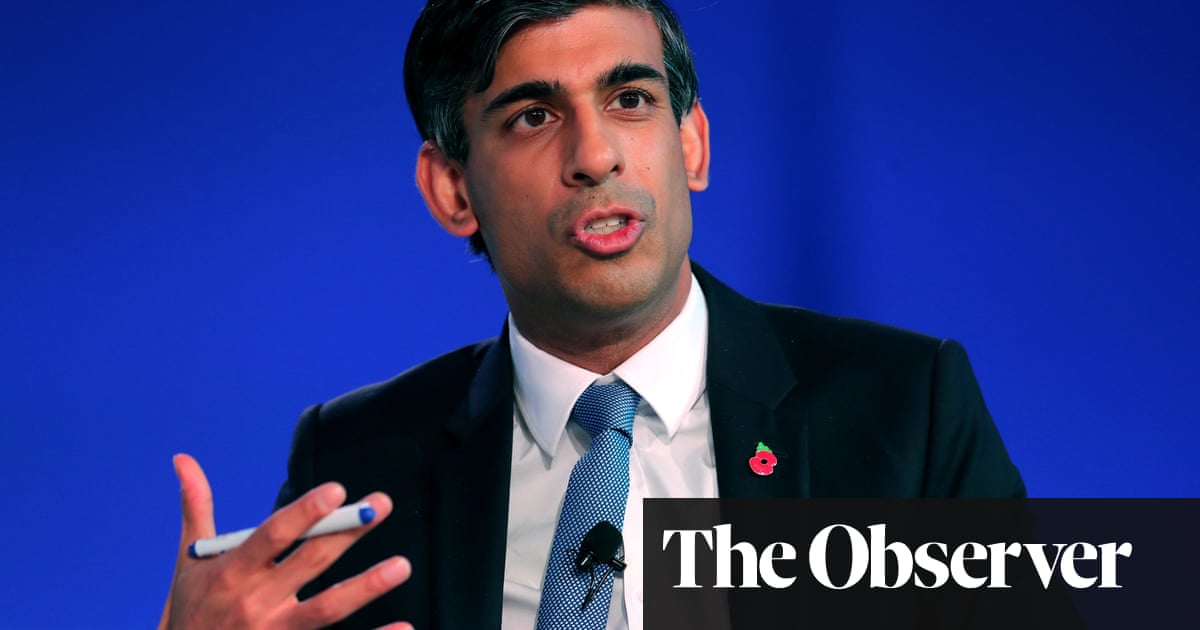
Avi Solomon cannot serve in Israel’s armed forces because he is blind, but he has about 20 close relatives who have been called up to fight. They include four brothers and more than a dozen nephews and cousins, and he accepts that they may not all come back.
“We feel like zombies anyway,” said the 39-year-old, an athlete and supermarket worker. “If we can’t feel safe in our own houses, if we can’t promise a future for our children, if any terrorist can come here and do the same thing to us, there is no point to be some kind of living dead.”
Israelis are suspended between fear, grief and grim preparation for more losses, as details of massacres of families in their homes emerge from southern areas, and the country prepares for a major operation against Hamas in Gaza.
Normal life has been put on hold. Schools have been closed on a rolling basis, so parents are juggling full-time parenting with working from home, while trying to protect their children from both actual attacks and the corrosive trauma of fear.
Ksenia Lvovsky’s son and daughter, who are 10 and six, don’t want to shower because the air raid sirens give only 90 seconds warning to reach a shelter. They fear they might not make it in time, so she stands by as they wash, ready with a robe to throw on for a potential dash for safety.
A Ukrainian who moved to Israel 12 years ago, she still has close friends back home, and is grappling with finding both her countries at war, and her husband called up to serve.
“A year and a half ago, I was asking them how are you doing. Now they are asking me,” she said. It’s not been going on a long time like in Ukraine, but it feels the same, we are fighting for our lives.”
Like many in Israel, her fears are amplified by the sense that the country is facing a threat unprecedented in recent decades. “This is not regular for us, it is new, and if it is new, it isn’t good.”
When Hamas fighters broke out of Gaza and swarmed into Israeli communities, it upended the foundation on which a majority of Israelis had built their lives, the belief the country’s security and intelligence services could protect its citizens.
Solomon’s home town of Modi’in is dozens of kilometres from where Hamas gunmen went on a rampage, but he no longer feels safe there.
“I’m very emotional right now. It could happen to me,” he said. “I go to work and I’m anxious they will come to our house, to my children while I am away.”
Benjamin Rubin, an entrepreneur who lives in a village near Jerusalem, bought a kilometre of barbed wire on Wednesday to bolster his community’s defences.
“It never occurred to us that the army wouldn’t come to rescue us. People were calling for 12 hours before they got there, saying: ‘They are banging on our door and coming in’,” he said. “That’s the fault line”.
Delivery of the barbed wire was delayed because the driver he hired had to attend a funeral of someone killed in the war.
Israel’s relatively small population, and the scale of the losses, mean most people have a connection to grieving families, whose number is expected to rise in the coming days and weeks. With 300,000 reservists called up, there are few families untouched.
Tiferet Brown’s four brothers, her partner and her ex – the father of their three children – are all going to fight. A doctor, now single-parenting the children, she says she has been anxious in part because the country is braced for more violence but unclear what form it might take.
“There are so many theories of what could happen, things escalating or not, you don’t even know what to prepare for, don’t know what you need to organise,” she said in her apartment in the northern city of Paredes Hanna. “You never know what’s happening over the next day or two.
“It is so hard to think about going to work when I have kids that I don’t really want to leave, don’t know where I’m going to leave them, or what could happen while I’m gone. But also to stay here 24/7 with kids in the house all day long is also crazy.”
Despite the fear of what is to come, the response to the call-up has been overwhelming. Brown’s brother was in the US on a holiday meant to last two weeks when he got the call, and was with his unit by Monday. That commitment is because for Israelis the war is an existential fight, she said.
“I think the bottom line is that we do have a right to exist and some people don’t accept that,” she said. “We really don’t have another place.”
The number of reservists reporting for active duty has been so high that families and friends have been scrambling to get supplies – from plates for body armour to battery packs and even weapons – to units that were not fully stocked.
Communities have swung into crisis mode, making free meals and sorting childcare for those with partners now on active service.
The government has told people to prepare for up to 72 hours without electricity, water or medical services. Supermarkets are running out of bottled water and some food, and some ATMs have been emptied of cash.
Roads throughout the country were half empty during what would normally be rush hour, the candidate banners for local elections, scheduled for next week but now postponed, joined by patriotic messages on billboards and homemade signs.
“We have no other country,” read one with a big Israeli flag. “Together we will win,” said another on a main road through Tel Aviv. Others thanked the US president, Joe Biden, for his staunch support.
Asher Dovey fought Hamas militants from his village as his family sheltered in a saferoom. They were from an area that bore the worst of the civilian losses.
“Each one of my kids – my youngest is 10, my oldest is 14 – has lost two or three friends,” he said. He has taken their phones away to stop them seeing or reading more about the atrocities.
Like many people, he expects a political reckoning inside Israel for the security failures with “a lot of questions to be answered”, but not until there has been “a retaliation like never before” against Hamas, that he is determined to be part of.
After moving his family to a safer area, on Wednesday he returned to fight. “No question asked, it is a part of who we are. There is only one Jewish state, we have to protect our own home,” said Dovey, who is 55. “Any and all ages have to contribute.”












